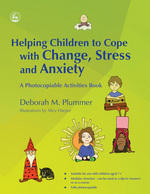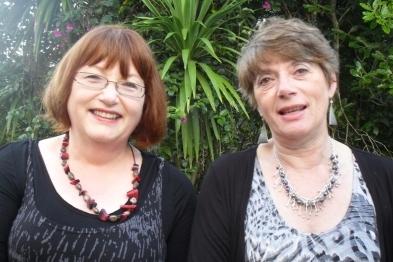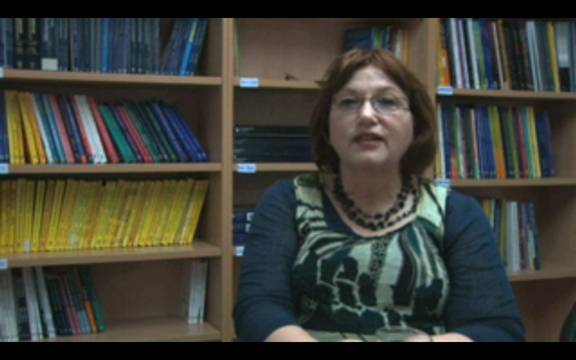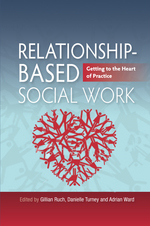‘Placing the relationship at the heart of practice means recognising that, as we suggest in the Introduction, ”despite all the continuing upheavals in policy and procedure, social work [will] always begin and end with a human encounter between two or more people” and that this encounter, or relationship as it develops, is the medium through which the social work task can be carried out. Social work is never a neutral activity but can, at its best, offer a vulnerable or distressed person the experience of being valued, supported and understood – perhaps for the first time.’









